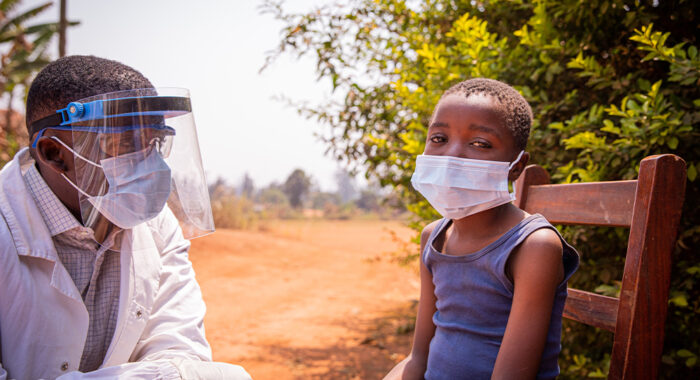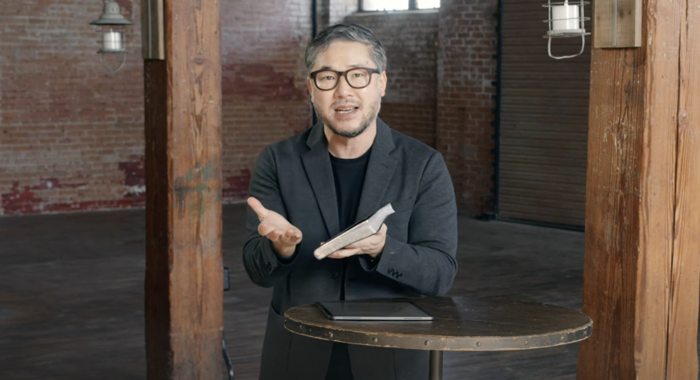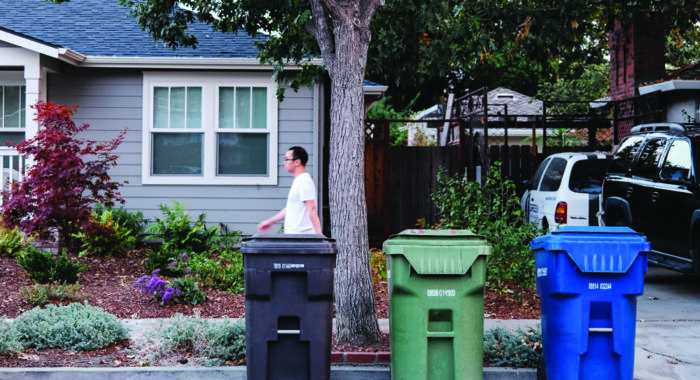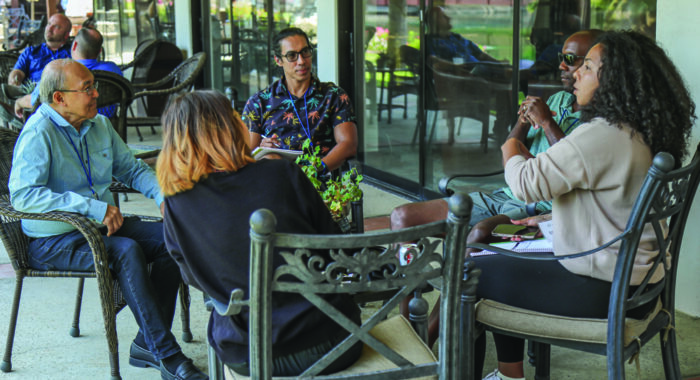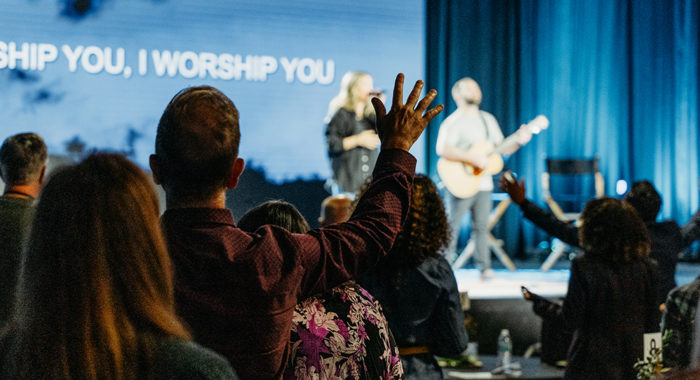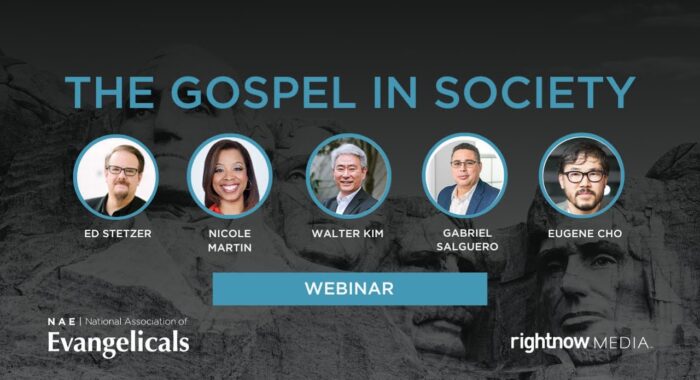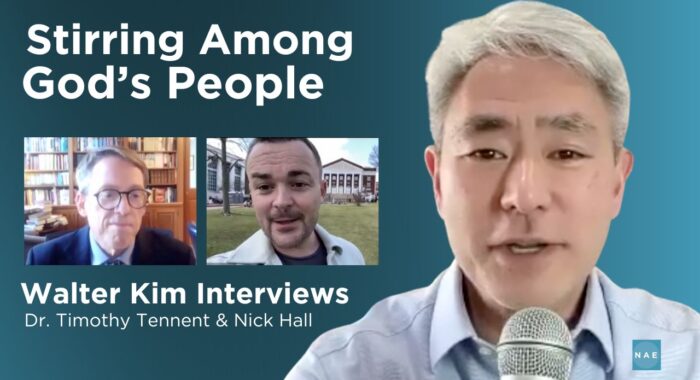Meredith Long is senior advisor for integral mission and international health at World Concern. He supervises programs in Asia, Africa, Haiti and Bolivia, and has oversight of the HIV/AIDS programs. He previously worked at World Relief as vice president for planning and integration and director of international health programs. He holds a master’s degree from Wheaton Graduate School and a doctor of public health from the University of North Carolina at Chapel Hill.

Will we turn our backs on science because it is perceived as a threat to God…? Alternatively, will we turn our backs on faith, concluding that science has rendered the spiritual life no longer necessary…? Both of these choices are profoundly dangerous…. Both will be devastating to our future. The God of the Bible is also the God of the genome. He can be worshipped in the cathedral or in the laboratory. His creation is majestic, awesome, intricate and beautiful — and it cannot be at war with itself.
— Francis S. Collins, “The Language of God: A Scientist Presents Evidence for Belief”
Francis Collins, a devout Christian, physician and scientist, led the Human Genome Project that first mapped and sequenced the human genome. The project opened new pathways for medicine. But scientific knowledge cannot heal. The World Health Organization (WHO) defines health as “a state of complete physical, mental and social well-being and not merely the absence of disease or infirmity.” This definition reflects the Hebrew word most often translated “heal” in the Old Testament — returning what is broken, sick or deficient to wholeness.
Through science, Paul Brand, a missionary physician serving people with leprosy, first recognized that the loss of limbs was not caused by the leprosy bacillus but because the patients could no longer feel pain. He devised new orthopedic and care approaches for insensitive limbs. Jesus, not science, moved him to create a village for his patients inside the residential area of the Christian Medical Center Vellore in India. He affirmed the dignity of his patients, restored them to community, and lowered the stigma of the disease.
Christians have led in bringing health to the poor. Working with the leaders of WHO, grassroots Christian health ministries drove global change when in 1978 WHO embraced primary health care. In the last 45 years, primary health care has transformed the health of the world’s poor. This global transformation is in many ways the legacy of Christian concern for the poor.
Christians, moved by compassion for the poor, have led in framing access to health care as an issue of justice. Our voice joined the voices of others in moving the U.S. government to extend anti-retroviral treatment to all with HIV and AIDS.
Science continually expands what we can do. But it does not address what we should do.
Christians do not always agree on the complex ethical issues that emerge as medicine progresses, but we share ethical principles from which we discern what is right and good.
In “Jesus of the Deep Forest,” Amua Kuma, an oral poet from Ghana, grasps what science cannot.
Chief who listens to the poor, humble King,
your words are precious jewels.
We don’t buy them, we don’t beg for them;
you give them to us freely!
Giver of good gifts, we are waiting for you,
And the sick are waiting for medicine.
O Jesus, you have swallowed death
and every kind of disease,
And have made us whole again.
This article originally appeared in the NAE Insight.



 View All Articles
View All Articles 







